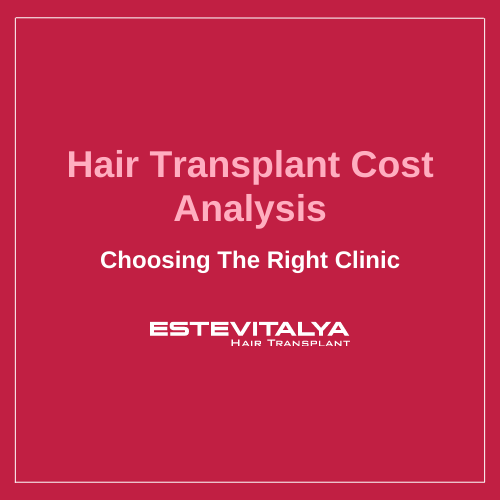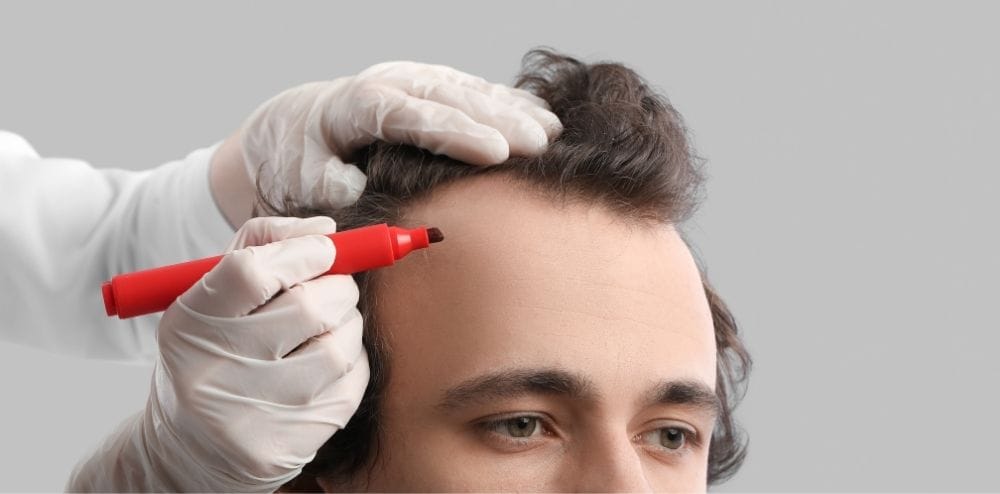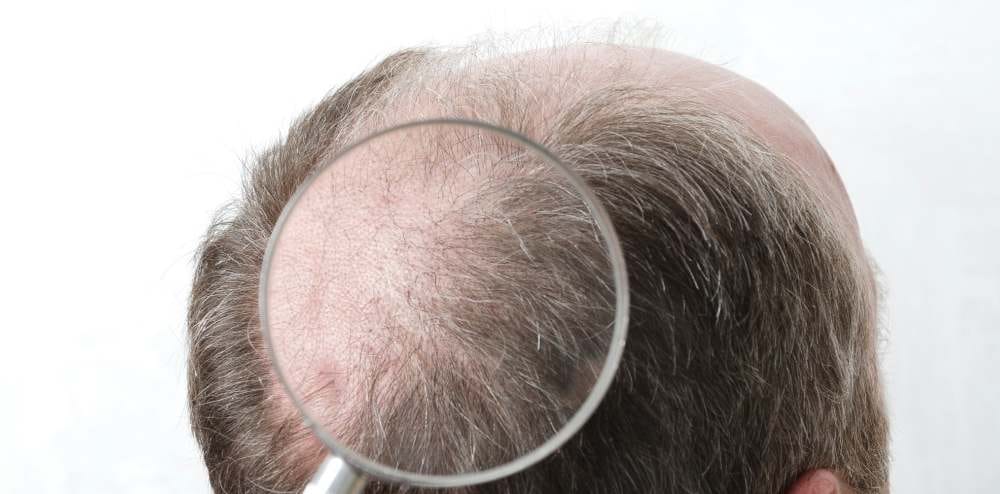A good diet is important for overall health, but did you know it can also affect the outcome of your hair transplant surgery? The proper nutrients can aid in hair development and the lifespan of your transplanted hair. In this blog post, we’ll discuss the importance of a good diet for hair transplant success and give some dietary recommendations.
Eat a Well-balanced Diet
A nutritious diet is essential for good hair development. A diet heavy in protein, vitamins, and minerals can aid in hair growth and prevention of hair loss. Protein is especially crucial for hair growth since hair is composed of a protein called keratin. Include lean protein sources in your diet, such as chicken, fish, and eggs. Furthermore, consuming a range of fruits and vegetables can give your body with critical vitamins and minerals for hair growth, such as vitamin C, vitamin E, iron, and zinc.
Drink a lot of water.
Hydration is critical for healthy hair development. Water aids in the delivery of nutrients to your hair follicles, which can aid in hair development. Drinking plenty of water will also help keep your scalp moisturized and avoid dryness, which can lead to hair breakage and loss. Drink at least eight glasses of water per day to stay hydrated and encourage healthy hair development.
Avoid Crash Diets
Crash diets may be appealing if you’re looking to reduce weight, but they can be harmful to your hair’s health. Your body may not acquire the nutrients it requires to encourage healthy hair development if you substantially limit your calorie consumption. Crash diets can also create stress, which can lead to hair loss. If you want to lose weight, do so gradually and with a well-balanced diet and exercise regimen.
Supplement Your Diet
You may want to consider supplementing your diet with vitamins and minerals that are vital for hair growth, in addition to maintaining a healthy diet. Biotin, for example, is a B vitamin that is essential for hair development and may be found in supplements as well as specific foods like eggs and almonds. Iron, zinc, and vitamin D are also necessary for hair development and can be obtained through supplements or certain foods such as red meat, oysters, and mushrooms. Before beginning any new supplement program, consult with your doctor.
Limit Your Alcohol Consumption
Excessive alcohol drinking might be harmful to your hair’s health. Alcohol dehydrates your body, resulting in dry, brittle hair that is more prone to breakage. Furthermore, alcohol can affect your sleep, leading to stress and hair loss. If you must consume alcohol, do it in moderation and drink lots of water to stay hydrated.
Speak with Your Hair Transplant Surgeon
Your hair transplant surgeon might make specific dietary suggestions to stimulate hair development and preserve the durability of your transplanted hair. Based on your individual needs and the circumstances of your hair transplant operation, they may recommend certain meals or supplements. They can also advise you on whether it is safe to resume specific meals or activities following surgery.
Conclusion: A nutritious diet is important for overall well-being and can help your hair transplant operation succeed. A healthy diet heavy in protein, vitamins, and minerals helps encourage healthy hair growth and prevent hair loss. Furthermore, consuming lots of water, avoiding crash diets, supplementing your diet with critical vitamins and minerals, avoiding excessive alcohol use, and talking with your hair transplant surgeon are all important.







